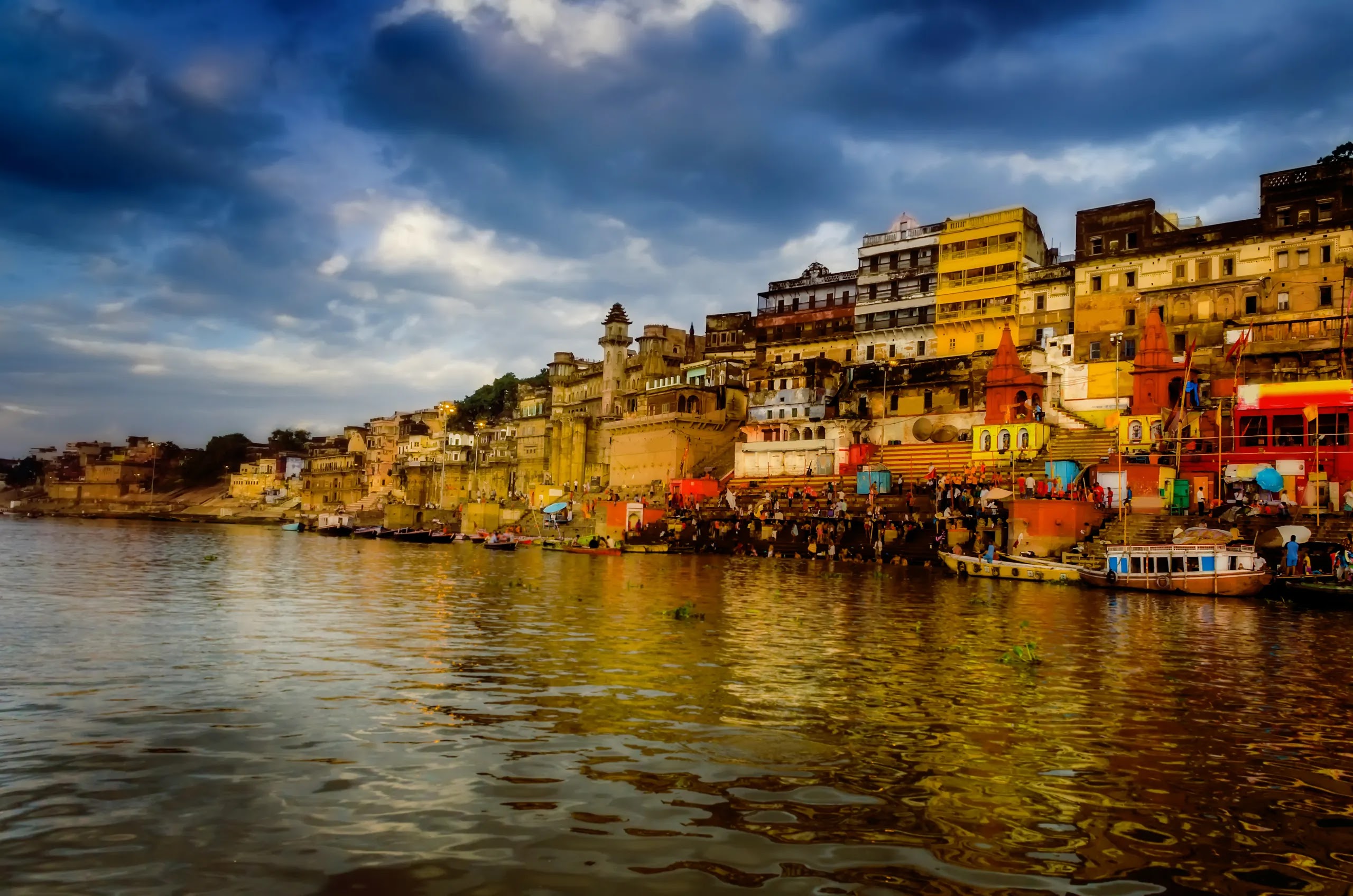The Essence of the Brihadaranyaka Upanishad: 19. Swami Krishnananda.
Tueday 07, May 2024. 07:10.
Scriptures
Upanishads
The Brihadaranyaka Upanishad
Chapter 5: The Inner Reality-1.
Post-19.
====================================================================================
The Fourth Chapter is a direct conversation between Yajnavalkya and King Janaka, which goes deep into the subjects: How the practice of meditation can be faultless, how it could be integral, how the various instructions Janaka received from some teachers were partial, they were aspects of reality, and they were not definitions of the Total Reality; what happens to one in waking, dream, sleep and Moksha, or final liberation.
Whenever Janaka told Yajnavalkya that he was initiated by such and such a person into such and such a method of meditation, the sage immediately retorted it was only one-fourth of the Reality, and so not complete. What was it that was lacking in it? The three-fourths were wanting, and the sage supplied the three-fourths by saying that the divinity behind things and the transcendent superintending principles rising above the visible forms of things, as well as the experiencing consciousness or the meditating principle, are also to be taken into concentration, apart from the actual form of the object which we usually take as supports in meditation. This applies as a uniform law in respect of any kind of meditation on any object or concept. It is incomplete when the object alone is thought of. Everything that is responsible for its appearance is also to be considered in order that the meditation may become complete; otherwise, there would be distraction of mind. Every object is connected to various other factors which are invisible. Every object has a transcendent nature, apart from its physical quality. It is external, it is internal, it is also universal. So, all these aspects of a thing have to be duly considered before meditation is to become final, says Yajnavalkya in answer to the importunities of Janaka.
Then the sage goes deep into the questions of waking, dream and sleep, which are indications here of the presence of a vaster reality than is apparent in either waking, dream or sleep. It is the Light of lights—Jyotisham jyotih. The Great Being which is the Supreme Reality, Brahman, is the Light with which everything is known. Our knowledge does not depend upon sunlight, moonlight, the twinkling of the stars, or the light of fire. Nothing of the kind! These lights are not the causes of our knowledge. Real knowledge is a new light altogether, which is internal, which is conscious and self-sufficient, which is self-luminous—that is the real Jyotis, Luminosity—and when every light fails, this Light will shine, and that is the Atman of things. It cannot be known because it is not outside; it is not an object of the senses. It is not anything that can be comprehended by the faculties that are available to us. Thus it is that we are a failure in our attempts at the knowledge of the Atman, while we are a success at everything else in the world.
The highest knowledge is also the highest happiness; this is a point which is driven home into the mind of king Janaka by Yajnavalkya. All our attempts, all our enterprises in this world are towards the acquirement of happiness, and no happiness in the world is permanent; it is all evanescent pleasure that we have here. It is evanescent because it passes away with the passing of the objects with which it is connected, with which it is identified. Our happiness is tied to the objects of the senses. We always try to find happiness in certain external things. Thus, when the objects pass away, the happiness also passes away. So, one cannot be really happy in this world. How can there be permanent happiness when there is nothing permanent anywhere? Everything upon which we pin our faith has to go one day or the other; not only does the object in which we put faith go, but we ourselves have to go. Naturally, then, there is a final catastrophe awaiting everyone some day. How can there be happiness ultimate in this world?
*****
Continued








.jpg)

Comments
Post a Comment